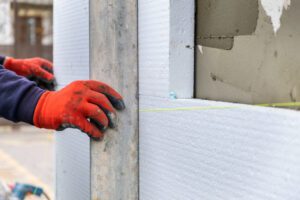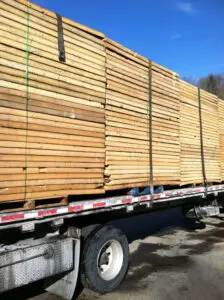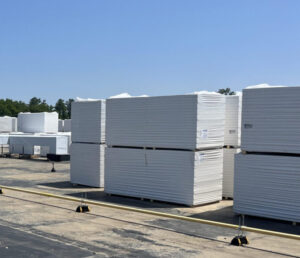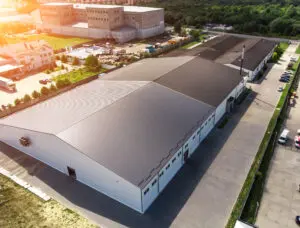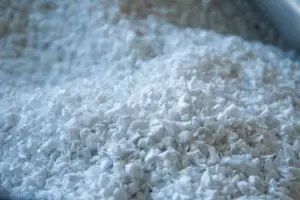Foam Board Insulation for Soundproofing: Understanding How It Works
Foam board insulation is often misconstrued as a great standalone soundproofing solution. Here’s the reality: What it Does: Foam board insulation primarily functions as a thermal insulator, used to reduce…
Building a Circular Economy in Construction: How Insulation Recycling Contributes to a Sustainable Future
The concept of a circular economy provides a practical alternative to address the growing environmental challenges of resource depletion and landfill overcrowding. This model emphasizes the importance of keeping resources…
Reclaimed Insulation: Disrupting the Waste Cycle for a Greener Building Industry
Proper insulation is crucial for creating energy-efficient buildings that provide lasting comfort. It helps control temperatures, reduces energy consumption, and lowers your utility bills. Yet, there’s an often overlooked aspect…
The Cost Benefits of Insulating with Reclaimed Foam Panel Insulation
Homeowners and builders always want to maximize their investments, and improving energy efficiency is no exception. Proper insulation plays a crucial role in keeping your home comfortable and your energy…
Why Your Next Roofing Project Needs Disposal Alternatives: A Guide for Decision-Makers
In the realm of construction and roofing, the push towards sustainability is not just a trend but a necessary shift to address environmental concerns and economic challenges. Traditional disposal methods…
How Reclaimed Foam Insulation Contributes to LEED Certification in Buildings
LEED (Leadership in Energy and Environmental Design) certification is a globally recognized symbol of sustainability achievement and leadership. It’s a framework for healthy, efficient, carbon and cost-saving green buildings. Reclaimed…
Energy Efficiency and Cost Savings: The Dual Benefits of Recycled Foam Insulation
In an era where sustainability and cost-effectiveness are paramount, recycled foam insulation emerges as a beacon of hope. This innovative solution not only champions environmental stewardship but also promises significant…
Building Green: The Rise of a Sustainable Insulation Revolution
The construction industry, a titan of human progress, casts a long shadow on our planet. It devours raw materials, spews carbon, and generates mountains of waste, a testament to our…
Finding a Sustainable Architect
Here in Massachusetts, the demand for sustainable energy building projects is on a significant rise. With environmental concerns and energy efficiency becoming paramount, selecting the right architect for such projects…

